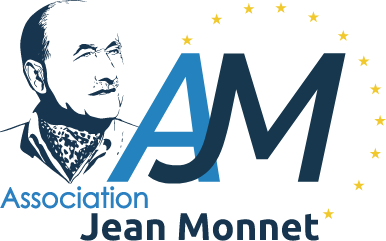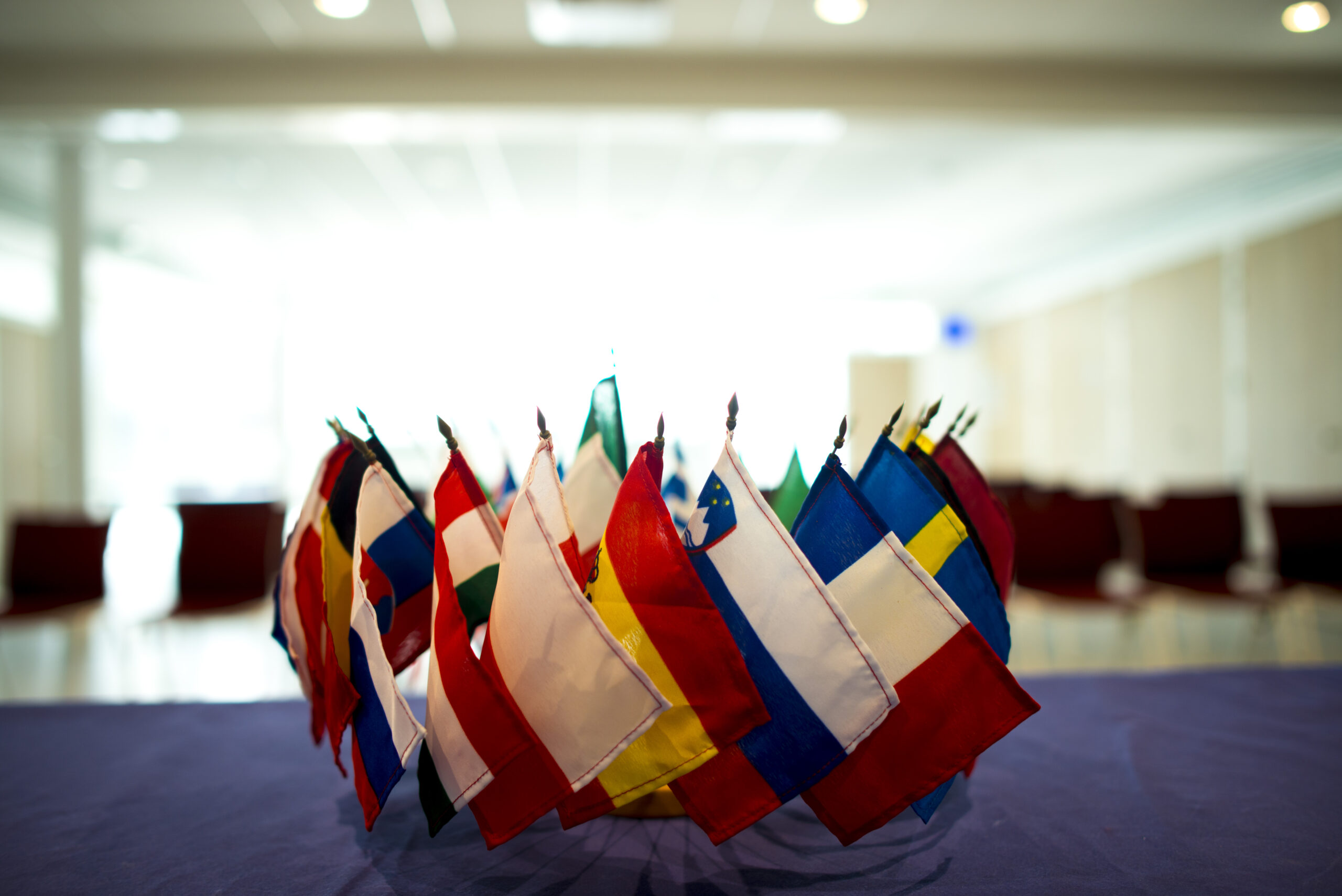We Europeans must be proactive and stop being merely reactive. In his inaugural speech on Monday 20 January, Donald Trump spoke first and foremost to the Americans. He announced his withdrawal from the Paris Agreement and the World Health Organisation, but he had not a word for Europe. In Brussels and other European capitals, they listened carefully to what the American President had to say and tried to decipher the treatment he intends to inflict on the EU-27. Donald Trump went on the offensive at a press conference on Tuesday 21 January: "The EU [European Union] is very bad for us. They treat us very badly. They don't take our cars or our agricultural products. In fact, they don't take much of anything," said the US president, who added: "So they're good for tariffs."
President Trump is defending American interests as an American patriot, which is nothing new and nothing unusual. Europeans need to rediscover the world as it is, not as they would like it to be. In Europe, ideology has replaced political pragmatism and historical realism. There is nothing shocking about the slogan "Make America Great Again" in the history of mankind. It is up to the Europeans to return to history and to act, leaving aside their silliness, the result of a world seen through rose-coloured glasses and the brain of a Care Bear. It is up to us Europeans of "Make Europe Great Again!" to get back into the real world of power relations and the violence of international relations.
The European Union must avoid becoming, like the USSR, a political system that sees the world solely through an ideology. This misguided approach now puts us outside the negotiations between the USA and Russia on ending hostilities in Ukraine.
In a world of continent-states, some of which make no secret of their imperial ambitions, Europe needs to organise itself through a federal system of nation-states in order to carry more weight, otherwise we will be the steaks of new carnivorous empires. In the political decisions that need to be taken if Europe is to succeed, it must claim total independence. It will never be able to regain influence over the world if it does not protect itself, and above all it will never be able to win the trust of its citizens. It must develop its own Monroe Doctrine.
This doctrine, which can be summed up in the words of James Monroe in his annual message to Congress on 2 December 1823: "To Europeans the Old Continent, to Americans the New World", is based on a simple principle: to protect the North American continent and Latin America from further European colonial intervention.
To tackle the crisis of political liberalism in the European Union, its governance must change, and we must make use of the enormous advances that have taken place in the field of communications, particularly with the Internet. As a first step, we need to put the European Parliament at the centre of EU politics, by giving it the task of forming a government.
Citizens and civil society as a whole, particularly those represented by associations, but also by NGOs and foundations, must contribute to EU policy. This can be an enormous democratic restitution that will give rise to discussions that could lead to changes in the governance of the States themselves. With all these new actors and the State, we will revive the democratic debate, in which the role of morality and ethics in politics and the economy should be discussed in a thoughtful and responsible way. The inclusion of multiple interests and the search for consensus could in fact be the new guidelines for a modern form of diplomacy in a multipolar world.
Of all the questions currently being asked about the European Union, there is one that we must answer as a matter of priority, because it will be the answer to many others: we must ask ourselves whether we want Europe to become a real power. A project for new European governance protected by a Monroe Doctrine for our continent would be an excellent accelerator of European history for "Make Europe Great Again!"
Courtesy of Tribune de Genève- Article published on 29 January 2025 - other articles by Olivier Védrine







